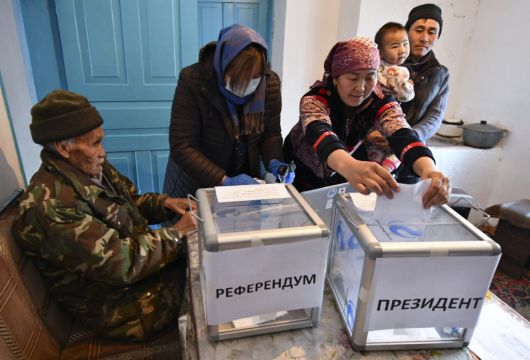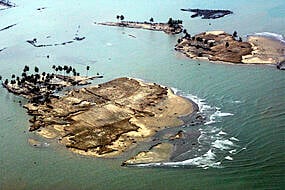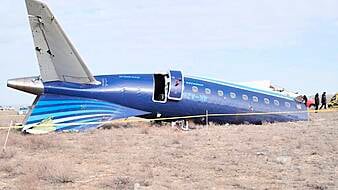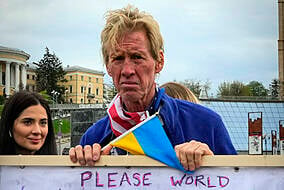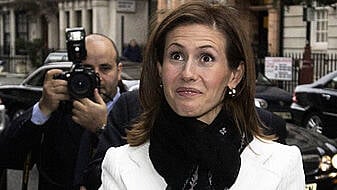Voters in Kyrgyzstan were casting their ballots on Sunday in an early presidential election that will also determine how much power the next leader has.
The vote follows the ousting of the previous president in October.
The ex-Soviet Central Asian nation sank into turmoil after a parliamentary election that was a landslide for pro-government parties.

Opposition supporters accused authorities of rigging the vote and forced president Sooronbai Jeenbekov to step down on October 15.
Sadyr Zhaparov, a 52-year-old politician who was freed from jail by protesters and then spearheaded Mr Jeenbekov’s removal from office, is widely expected to win the presidency.
The unrest marked the third time in 15 years that a leader of the 6.5-million nation on the border with China had been forced out by a popular uprising.
As on the previous occasions when presidents were toppled, in 2005 and 2010, the latest turmoil was driven by clan rivalries that shape the country’s politics.
Mr Zhaparov, who had been in prison since 2017 after being convicted of kidnapping, became the country’s interim leader, but renounced that position to be able to run for president as required by law.
However, he has continued to call the shots, relying on his allies in parliament, and is broadly expected to win the race against 16 other contenders.

He is also pushing for constitutional referendum that will determine whether the country should strengthen the powers of the presidency.
Kyrgyzstan, which is a member of Russia-dominated economic and security alliances, hosts a Russian air base and depends on Moscow’s economic support. It formerly was the site of a US air base that served as a key transport hub for the war in Afghanistan.
Russia has voiced concerns about the turmoil in Kyrgyzstan but refrained from supporting any of the presidential candidates.
